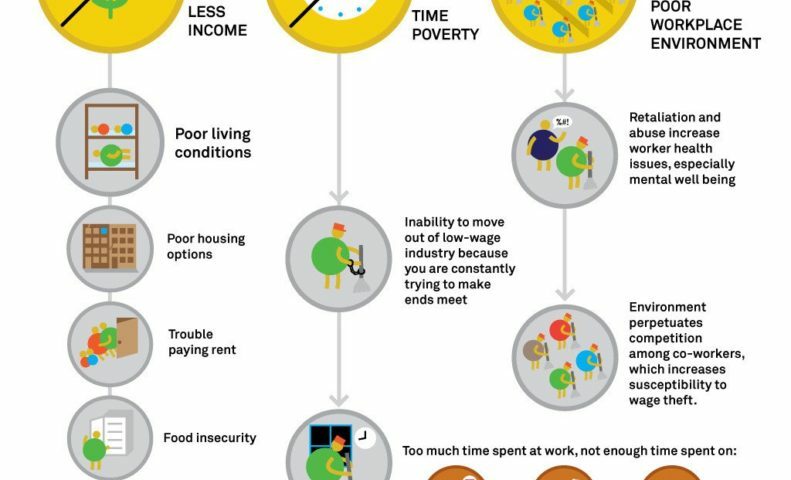
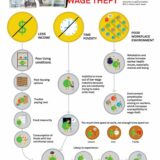
Los Angeles may be a capital for entertainment, tourism and culture, but for many local workers L.A. is synonymous with working off the clock, unpaid overtime and other labor-law violations. L.A. workers lose an estimated $26.2 million every week to bosses who fail to pay employees what they earn. However, we can learn something from other parts of the state that have taken serious measures to curb wage theft. From raising penalties on employers who steal, to shielding workers from retaliation, there are numerous strategies that can be used to put more earnings into workers’ pockets.
When it comes to enforcing labor laws, “the main obstacle is lack of resources,” Ruth Milkman, a sociology professor at the City University of New York and co-author of a 2010 UCLA wage-theft study, tells Capital & Main. “The scale of the problem is so much bigger than the capacity of these agencies to deal with it,” she continues.
» Read more about: Wage Theft Confidential: Finding Solutions »
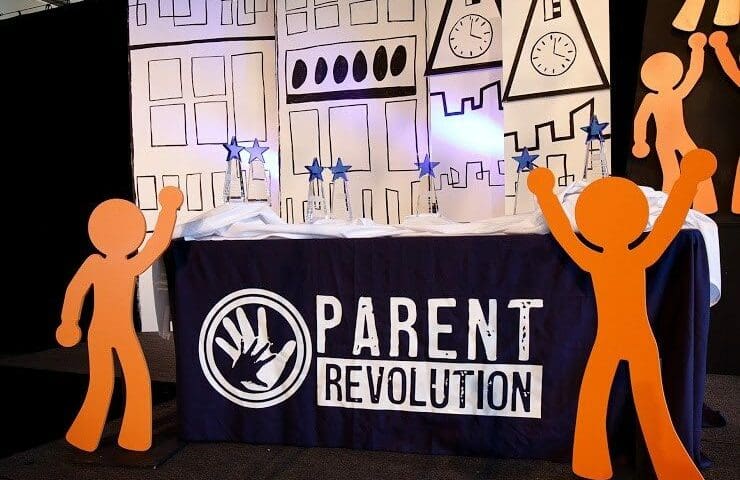

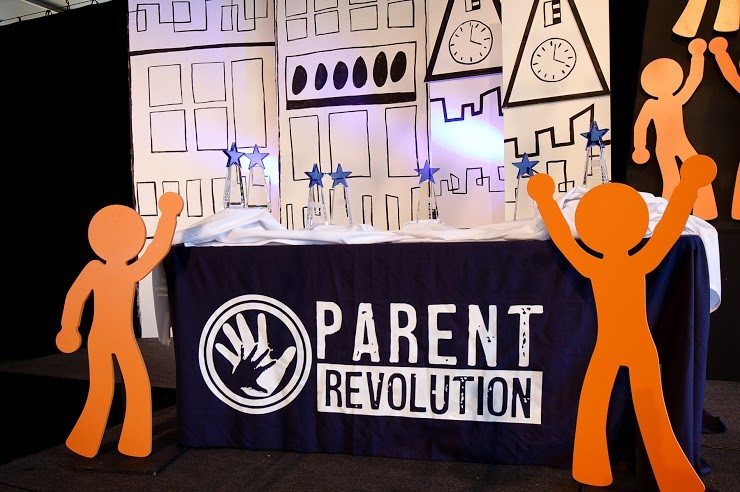
The big white tent at Los Angeles Trade Technical College was festooned with balloons, draped in orange and white pennants and full of music. Swelling gospel-flavored sounds, Stevie Wonder’s “Signed, Sealed, Delivered” and the ubiquitous party song “No te Metes con Mi Cucu” signaled a break in the program after a parade of speakers.
The floor was covered with AstroTurf.
Last Saturday’s “Parent Power Convention” was the first-ever national gathering held by Parent Revolution, an organization founded here in 2009. With its feel-good inclusive vibe, the November 15 assembly attracted hundreds of parents, mostly African-American and Latino, from neighborhoods with failing and struggling schools.
Invitations offered free local transportation and childcare. There were many out-of-state visitors. Just as a national political party convention would be organized, delegates sat at tables with tall vertical signs that announced where they were from—Texas, Louisiana, Oklahoma, Mississippi – or identified the “parent unions”
» Read more about: Jumbotrons & Thundersticks: Parent Revolution Throws a Convention »
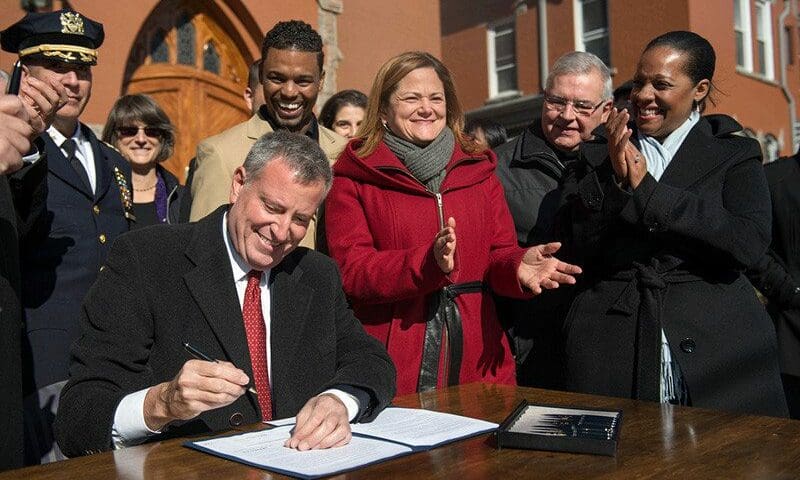
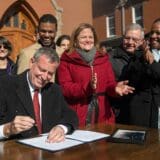
Capital & Main: Do you see risk in Democrats running away from a populist progressive agenda?
Mayor Bill de Blasio: Absolutely. I think the biggest development we saw [in the midterm election] was Democrats not standing up for the ideals of the Democratic Party, not talking to the economic realities of our people, not being willing to offer real progressive solutions. I think there’s another model of Democrats who actually addressed these issues, who were willing to take on big corporations, who were willing to challenge the status quo, who were willing to ask those who are wealthy to pay their fair share, who were willing to talk about how we create living wage jobs and better benefits….
People are looking for answers to what is now a fundamental structural economic crisis. The middle class has been collapsing, people’s earning power has been declining rapidly…. I love that the conventional wisdom [about the recent election] is about a conservative tidal wave.

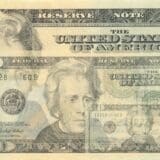

In March, seven class action lawsuits filed in California, Michigan and New York suggested that for the country’s 30 million-strong low-wage workforce, getting one’s paycheck ripped off by some of the largest and wealthiest employers in America is too often business as usual.
Contending that the McDonald’s restaurant chain had been “systematically stealing” from its workers, the suits detailed company-wide practices of managers regularly ordering employees to work off the clock, shaving hours from their time cards and not paying overtime. Three of the California suits also claimed that McDonald’s and its franchise owners illegally altered pay records and denied employees meal periods and rest breaks. Other plaintiffs alleged McDonald’s used a sophisticated computer program that monitored real-time sales volume: When sales dropped below a certain level during any given hour, attorneys said, some managers would routinely order workers from the incoming shift to not punch in for an hour or two until there were more customers.
» Read more about: Wage Theft Confidential: The Worst Scofflaw Industries »
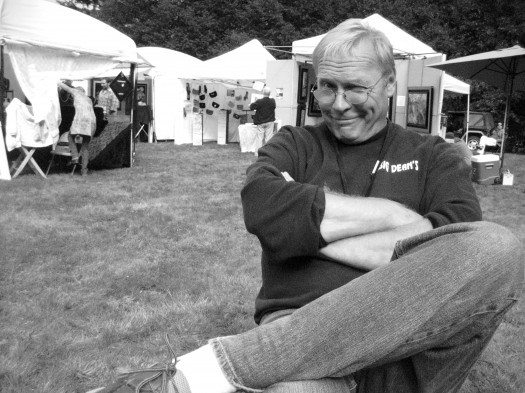
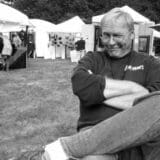

When I saw the subject line, “sad, sad news,” this past Monday from fellow mystery writer Reed Farrel Coleman, I figured it was to alert us in the mystery community of the passing of one of our elderly members. It damn near knocked me to the floor when I opened the email to read of the sudden passing of Jeff Fisher, the illustrator Reed first introduced me to several years ago — Jeff who played basketball and was my age.
Jeff had been doing the illustrations for “The Dixon Family Chronicles” webserial here on Capital & Main until his untimely death. He was a tall, gregarious guy and when we met that only time he was out here on the West Coast, we immediately hit it off.
Jeff struck me as a man who loved life and observed it to inform the drawings and illustrations he’d do – capturing those quirks of human expression and body language.
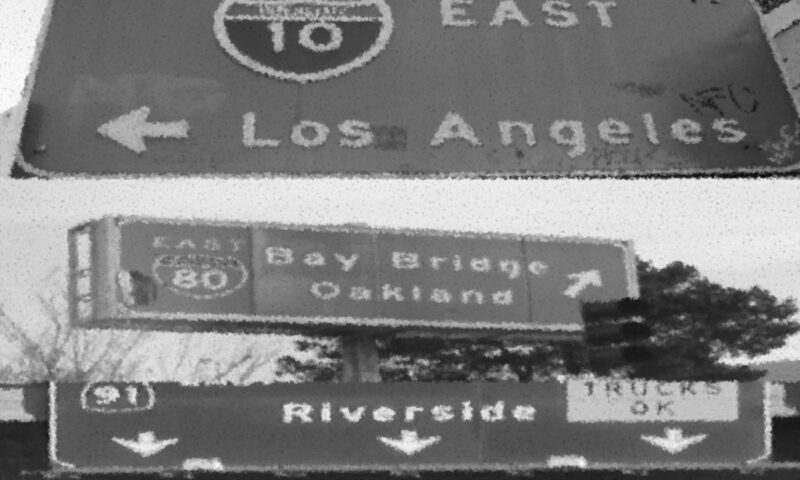
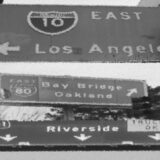
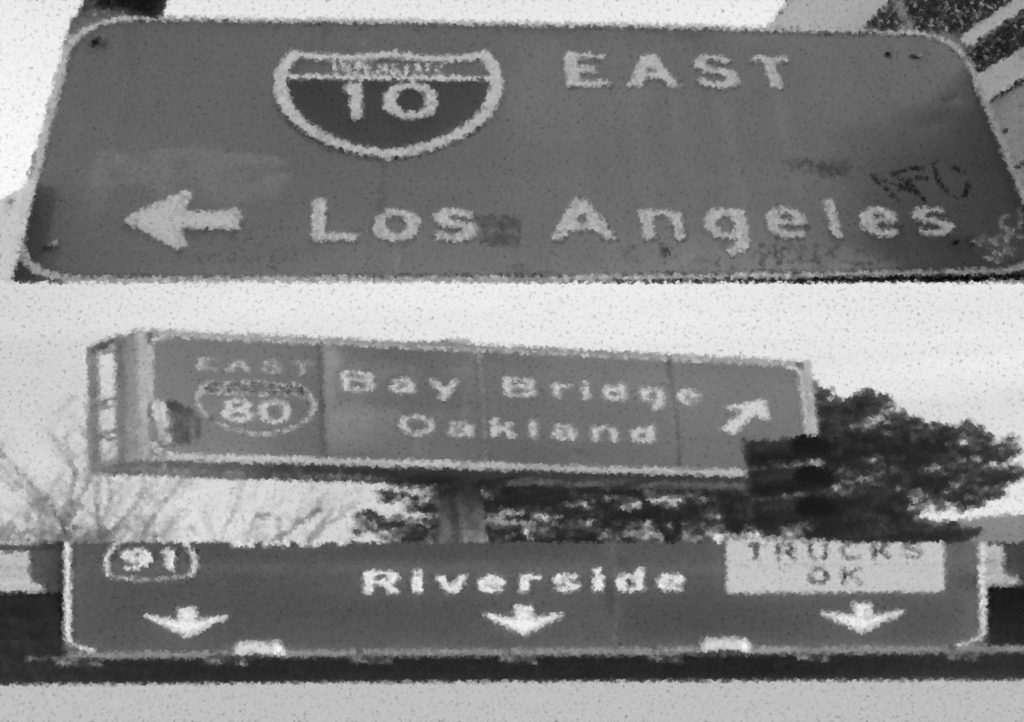
“Let me say again, we are not there yet. I’m not here to sell you a 50-inch HD flatscreen around the corner for a hundred bucks.” The youthful organizer grinned warmly, her eyes shining behind a pair of stylish eyeglasses. “Since its inception, this company, this giant octopus you all work for, has successfully fought off any effort to organize. Not just shop floor wide, but sector by sector. Make no mistake, we’re talking about a long, protracted struggle.”
Jess Dixon appreciated the woman’s honesty. She figured she wasn’t the only one who’d read on the Internet about the recent loss the International Association of Machinists and Aerospace Workers had trying to organize some of the company’s tech and maintenance workers at a facility back east.
“Even in Germany,” the organizer continued, “which is a heavily unionized workforce, you have workers lining up behind the anti-union bandwagon for fear of their jobs going elsewhere.
» Read more about: The Dixon Family Chronicles: “Which Side Are You On?” »
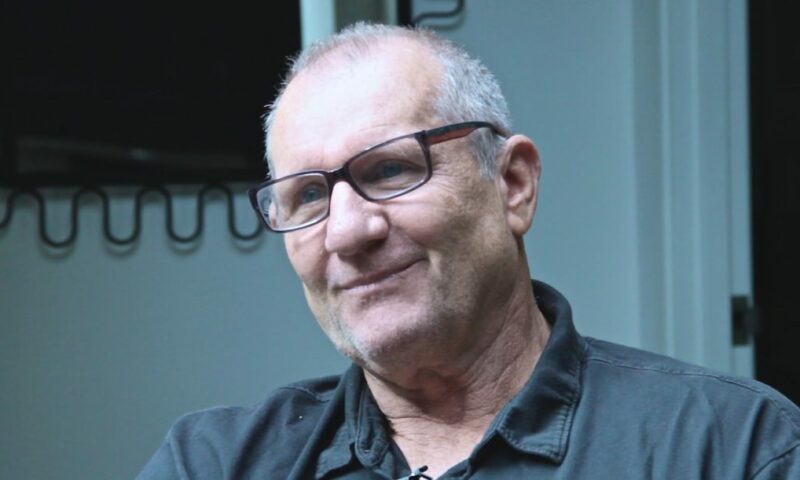
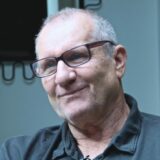
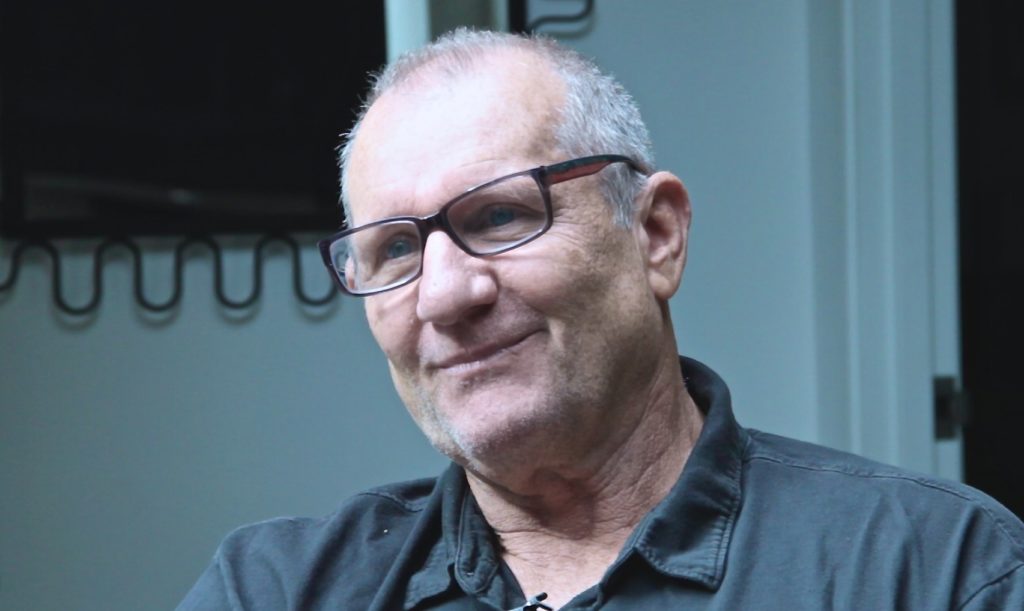
Capital & Main recently sat down with actor Ed O’Neill, best known for his role as Al Bundy in the Fox TV Network sitcom, Married With Children, and currently starring in ABC’s award-winning comedy, Modern Family, which will be honored in December at the Los Angeles Alliance for a New Economy’s 2014 City of Justice Awards Dinner.
What are your thoughts on the direction of the country after this last election?
I voted — I had to vote absentee because I was working. But these midterm elections are always puzzling to me because usually not many people come out for the vote. But obviously the country goes back and forth about so many things. I personally think Obama’s doing a pretty good job. Then again, I don’t follow it every day. For me,
» Read more about: Ed O’Neill: An Interview With a Modern Family Man and Union Guy »
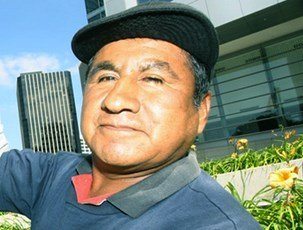
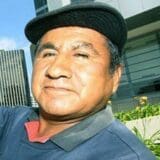
California has roughly a dozen labor codes governing wage-theft on the books, with more proposed each year in the state legislature. Are these laws proving effective? Fausto Hernandez is one worker who doesn’t think they are. The 55-year-old native of Oaxaca, Mexico, has labored in the carwash business for a decade.
“For several years I worked at Slauson Carwash in South L.A. — 10 to 11 hours a day,” he told Capital & Main. “The employer would only pay me for three hours, never for all the hours I worked.”
According to Hernandez, he sought relief by contacting the CLEAN Carwash Campaign, a community coalition led by the United Steelworkers union. The campaign helped him file a claim with the Division of Labor Standards Enforcement (DLSE), an office of the state’s Labor Commissioner.
Workers who take such action face employer retaliation. Hernandez’s employer fired him, he said.
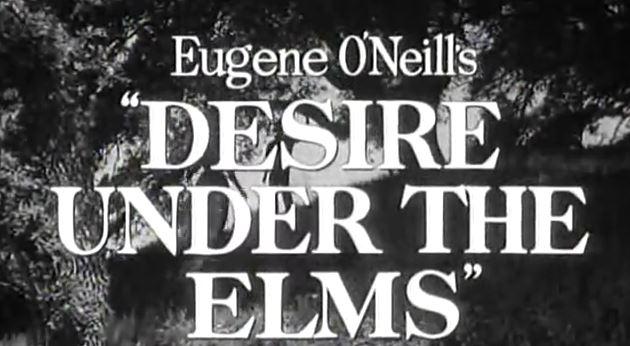
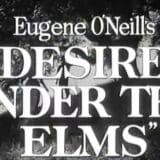

When I was 13 I was, like many kids growing up in L.A., offered a bit part in a movie. But this wasn’t any movie; this was Desire Under the Elms, starring Sophia Loren, Burl Ives and Anthony Perkins. Written as play by Eugene O’Neill, its story was so risqué that my mother wouldn’t let me see the film for years. (Young and beautiful Sophia Loren is married to old man Burl Ives but has a child by his slightly creepy son, Tony Perkins, while they’re all living together on an isolated farm.)
What excited me was getting out of school for two weeks, earning $28 a day and doing something my older sister never got to do. Beyond that, it was boring just sitting around on the set, being tutored in a cramped trailer, as required by state law, costumed in a gingham dress and bonnet with fake pigtails pinned to my head.
» Read more about: Two Women: What I Learned from Sophia Loren »
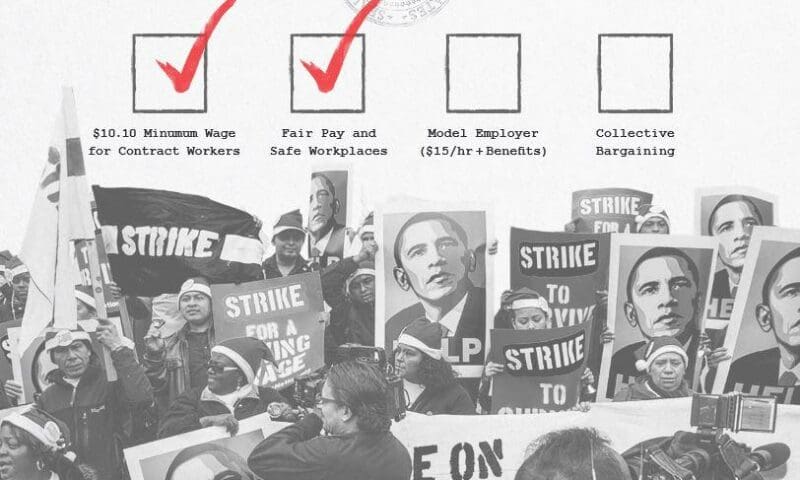
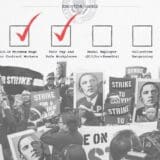
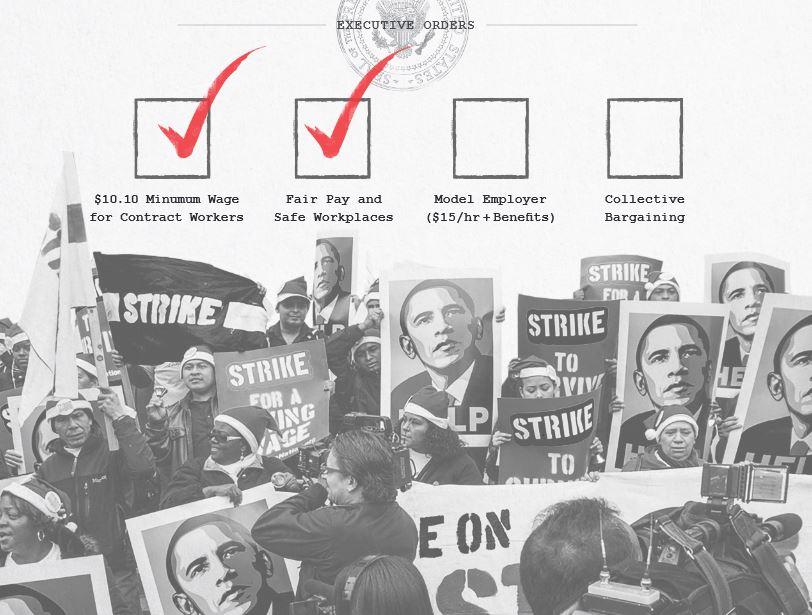
On Thursday, Americans earning low wages from businesses that contract with the federal government walked off the job to urge President Obama to do “more than the minimum” by signing executive orders that ensure workers receive living wages, adequate benefits and a voice on the job.
The organizers of the campaign, Good Jobs Nation, released a report earlier this week explaining why this change is necessary. As one of the nation’s largest employers, the federal government funds nearly two million poverty-wage jobs that pay less than $12 per hour. Unfortunately, many of these workers never receive any benefits such as paid sick leave and are forced to rely on public assistance, which costs more to taxpayers. We already know these same low-wage conditions wreak havoc on state and local economies. Governments may think they are getting a great deal when they outsource services, but when federal contractors fail to pay living wages to Americans providing essential functions,
» Read more about: Low-Wage Contract Workers: Obama Must Do More »